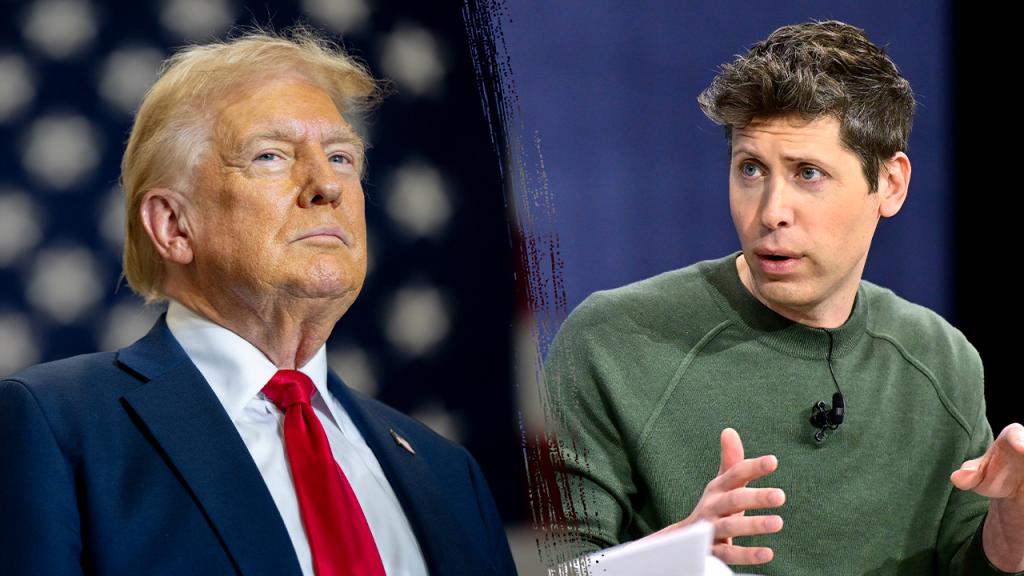OpenAI, the leading artificial intelligence research company, has partnered with AI 2030, an initiative spearheaded by the American Security Project (ASP), to address the critical challenge of US competition with China in the field of artificial intelligence. This collaboration brings together a complex network of individuals and organizations with diverse political affiliations, raising questions about the potential influence of political ideologies on the future of AI development.
The ASP, a think tank with a history of advocating for progressive causes, counts among its founding members John Kerry, the former Special Presidential Envoy for Climate. The organization has actively promoted the view that climate change poses a significant national security threat, and it has criticized policies such as withdrawing from the Iran nuclear deal. ASP’s funding sources include organizations like the Rockefeller Foundation, which has a long record of supporting left-leaning initiatives. The composition of ASP’s board of directors further reflects its political leanings, with members including David Wade, Kerry’s former chief of staff, and Chuck Hagel, former Secretary of Defense under President Obama. Additionally, Representative Don Beyer, a Democrat known for his opposition to Trump-era trade policies, serves on the ASP board.
OpenAI’s involvement with AI 2030 through ASP has drawn scrutiny due to the political activities of key figures associated with both organizations. Chris Lehane, OpenAI’s Head of Global Policy, has a history of involvement in Democratic politics, including authorship of the controversial “Vast Right-Wing Conspiracy” memo during the Clinton administration. Lehane’s recent political contributions have further solidified his ties to the Democratic Party. OpenAI CEO Sam Altman, while having made a personal donation to Trump’s inauguration, has a predominantly Democratic donation history, contributing substantial sums to various Democratic candidates and organizations. His close ties to the Democratic Party are further evidenced by his role as co-chair of the incoming San Francisco mayor’s transition team.
The intersection of AI development and political influence raises concerns about potential biases and agendas shaping the future of this transformative technology. While OpenAI maintains that its focus is on ensuring the US maintains its leadership in AI, the involvement of individuals and organizations with strong political ties raises questions about the objectivity and neutrality of the AI 2030 initiative. Critics argue that the presence of prominent Democratic figures and organizations within the ASP network could potentially steer AI development towards a particular political agenda, potentially neglecting alternative perspectives and priorities.
Adding to the complexity of this situation is the contentious relationship between Altman and Elon Musk, a prominent figure in the tech world. Musk has publicly expressed his distrust of Altman and OpenAI, accusing the organization of harboring a “woke” bias. This disagreement highlights the potential for ideological clashes within the AI community, with differing views on the appropriate direction and ethical considerations surrounding AI development. The debate between Altman and Musk underscores the importance of open dialogue and diverse perspectives in shaping the future of AI.
The collaboration between OpenAI and ASP reflects the broader trend of increasing intersection between technology and politics. As AI becomes increasingly integrated into various aspects of society, its development and deployment will inevitably be influenced by political considerations. The involvement of organizations with distinct political leanings raises important questions about the potential for bias and the need for transparency in the AI development process. Ensuring that AI development remains ethically grounded and serves the broader interests of society requires careful consideration of these complex dynamics and a commitment to fostering diverse perspectives.

